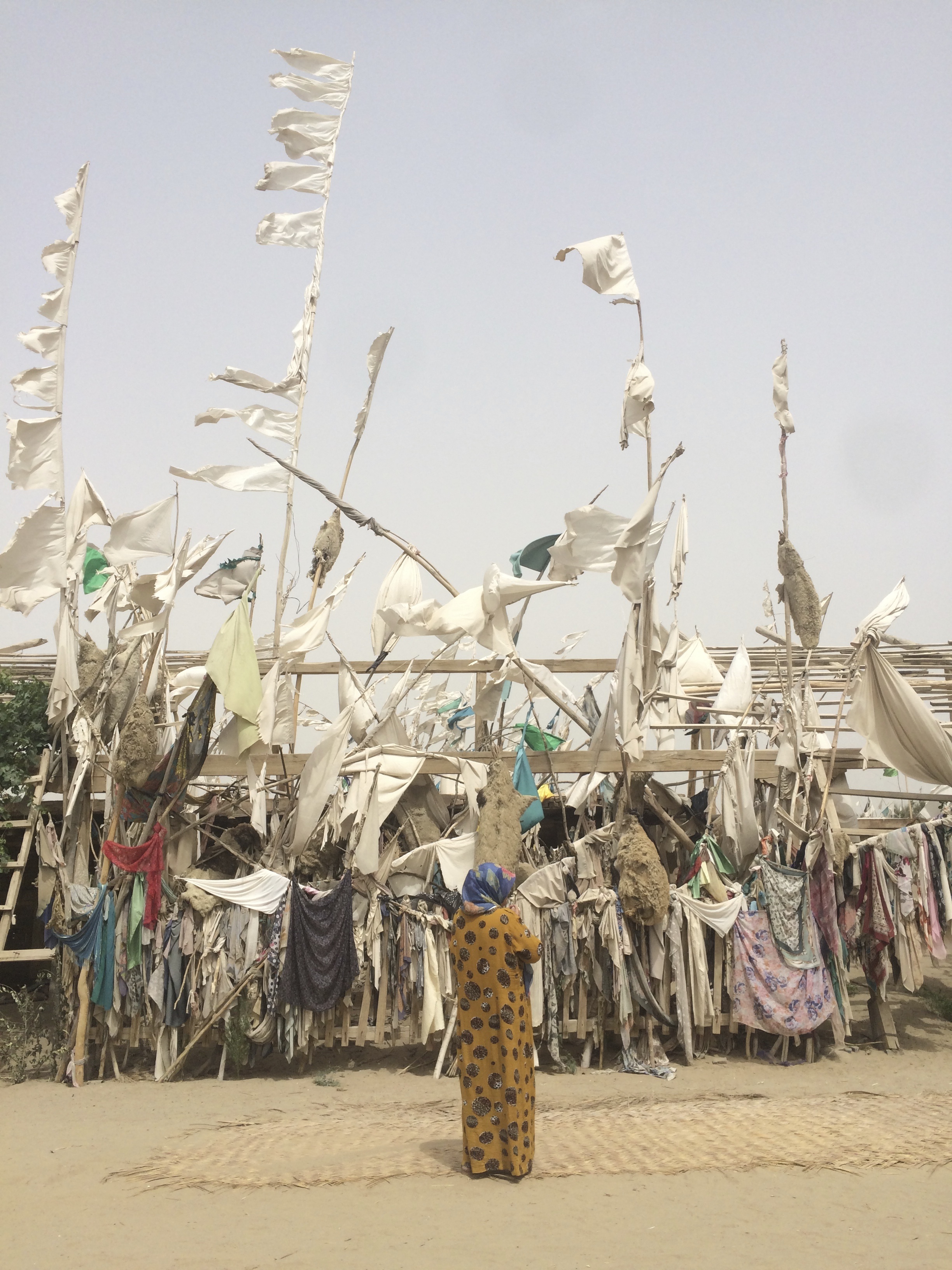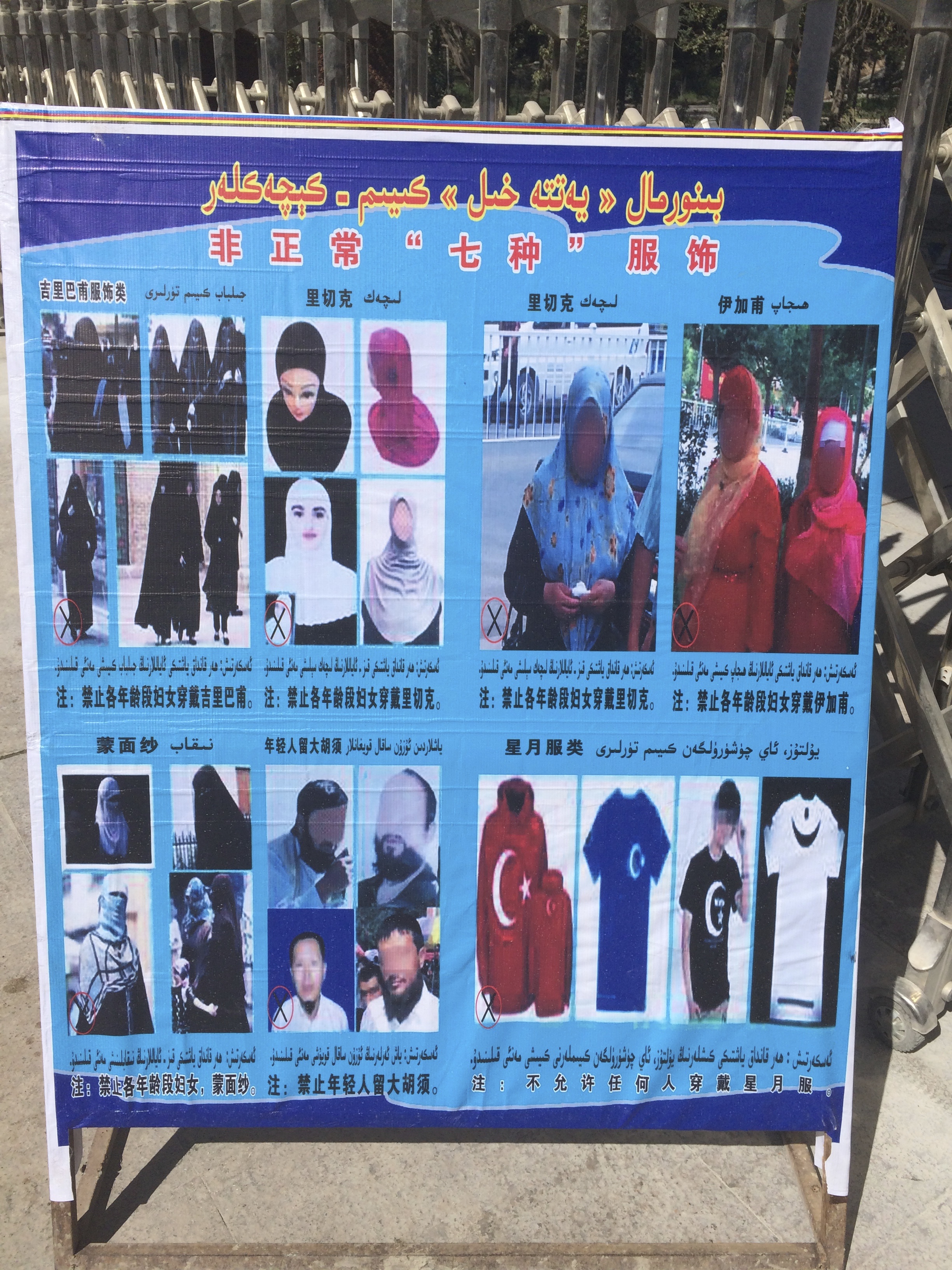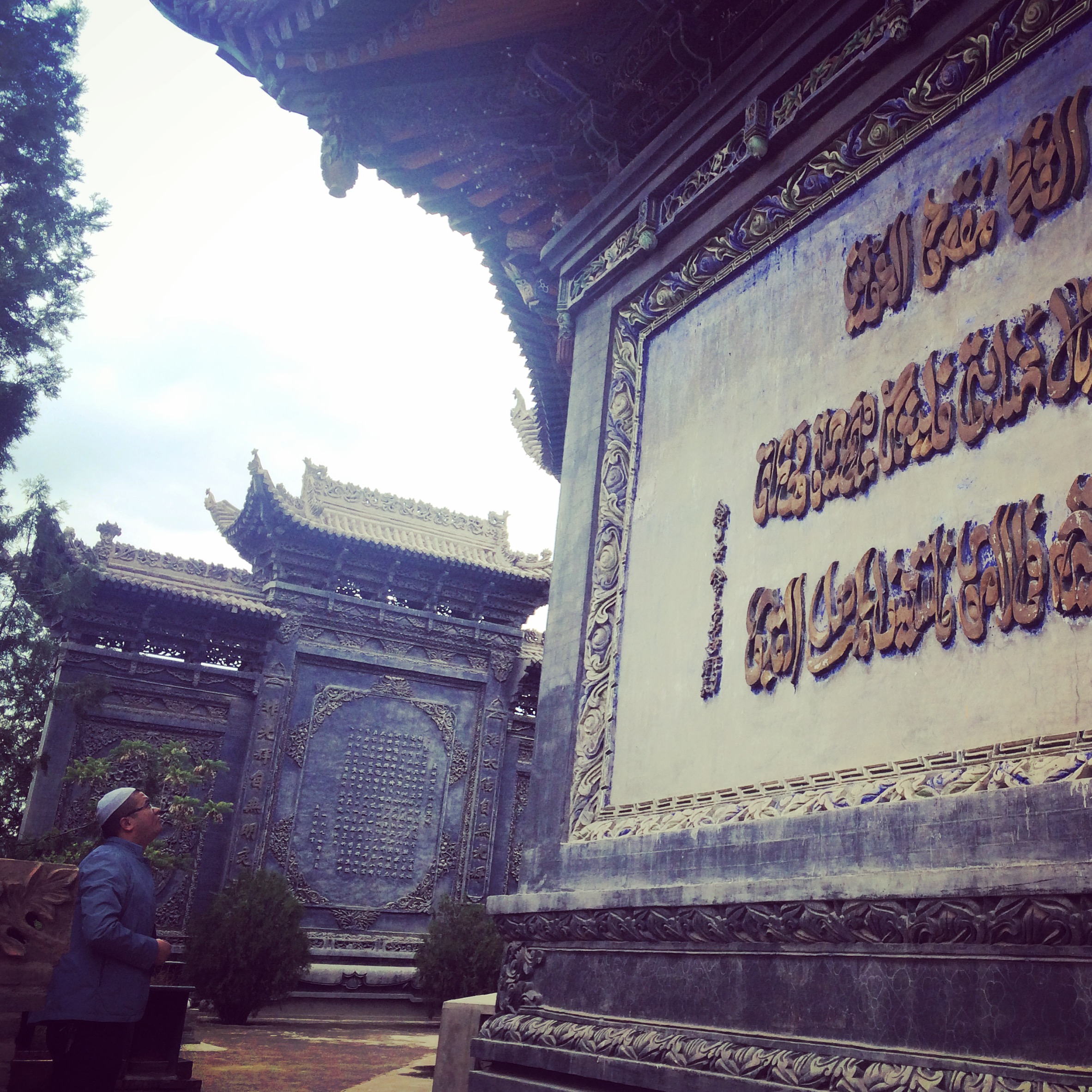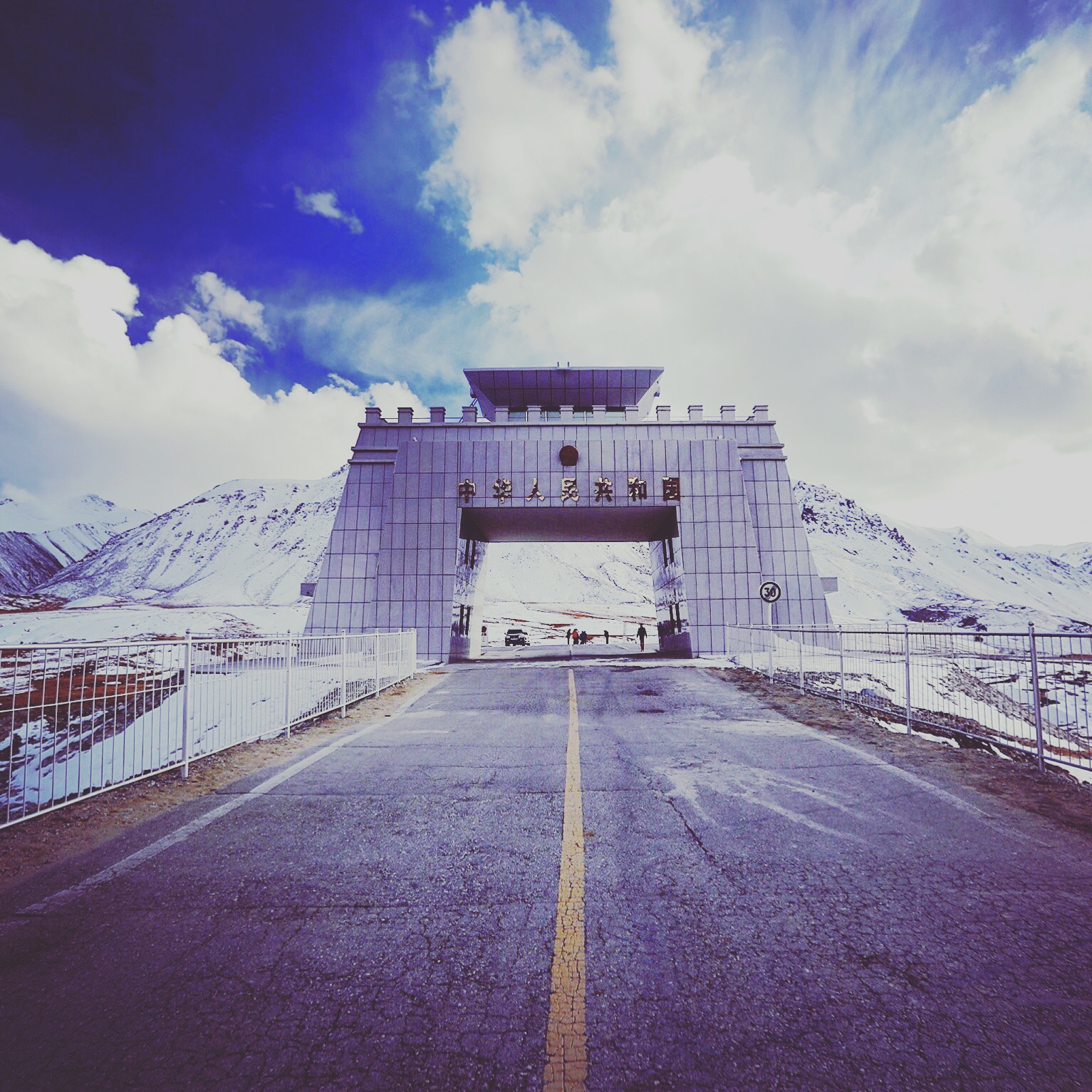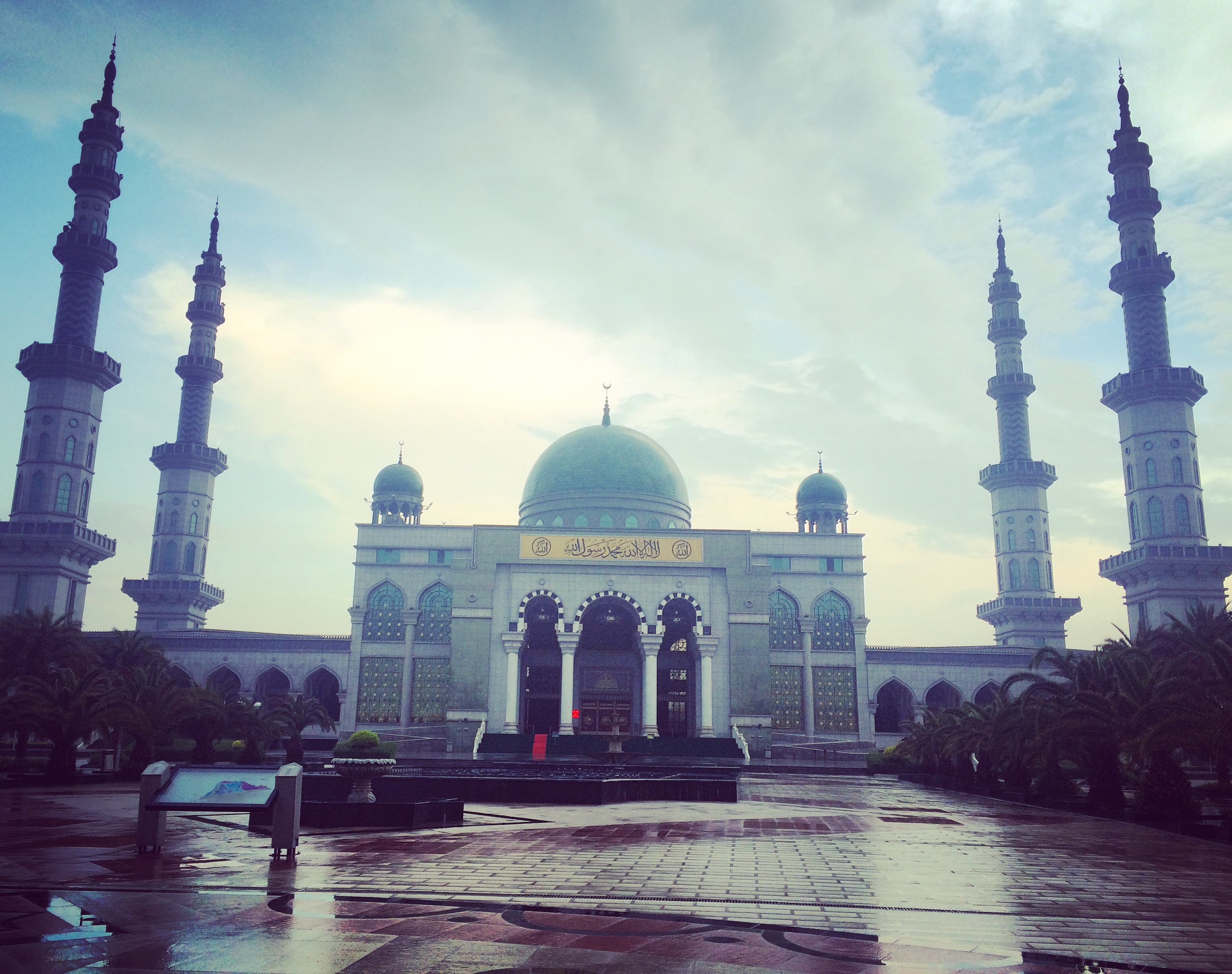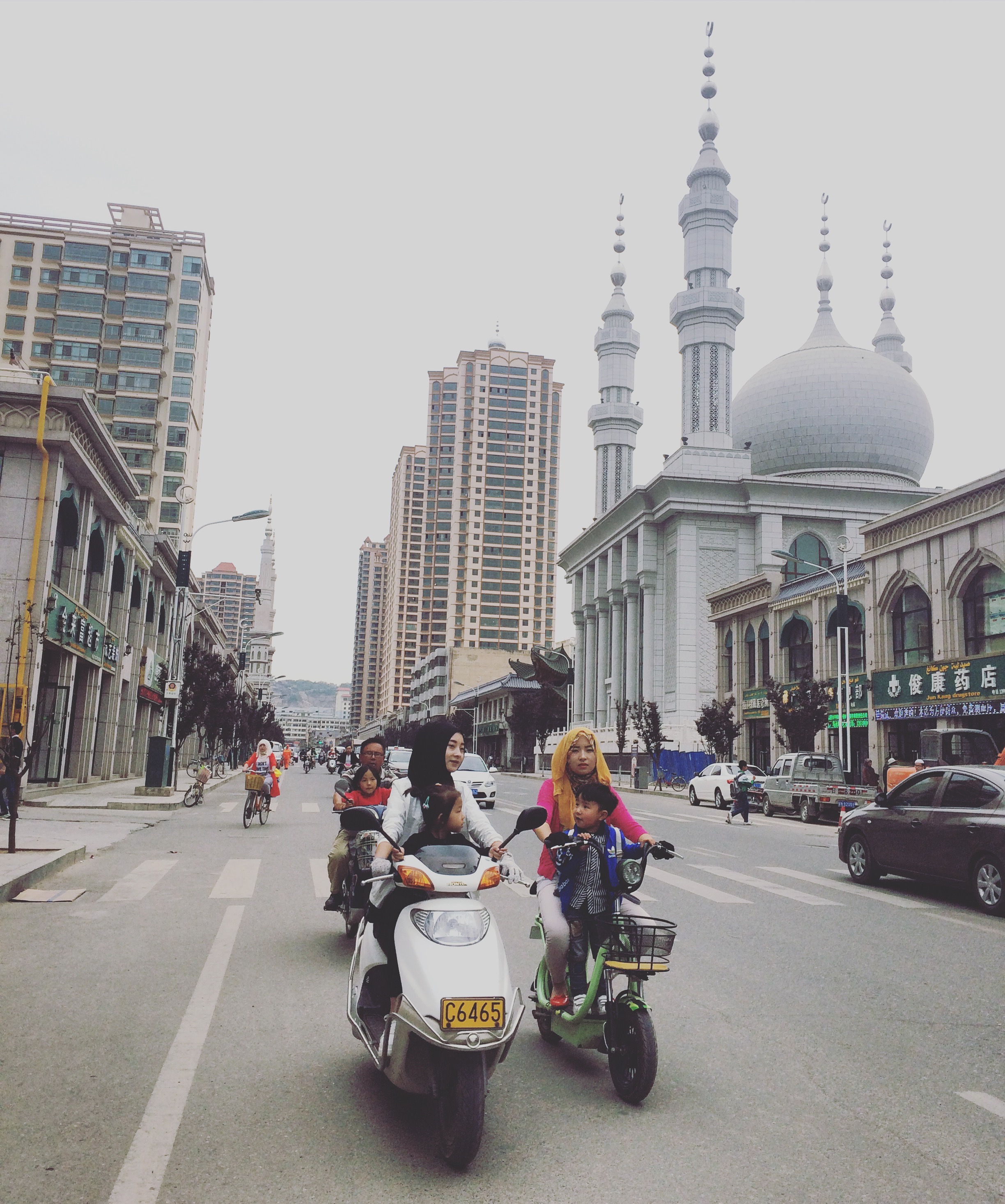
China has two major Muslim minorities: the Hui, who speak Mandarin and live across China, and the Uighurs, who speak a Turkic language and are concentrated in Xinjiang, Western China. In Xinjiang, many Uighurs resent the Han migration, cultural assimilation and economic change that state-driven development has brought. Security crackdown and repression of speech, religion and assembly have exacerbated ethnic tensions, even as China accuses Uighurs of Islamic extremism and terrorist activity. Both state and civilian violence are escalating as China's attempts to "control Islam" worsen Uighurs' sense of marginalization.
Meanwhile, the Hui have become China's example of "Chinese Islam" in a soft power effort targeting Middle Eastern states. The China-Arab States Expo was held in the Hui region of Ningxia last fall, where state officials showed off a thriving halal products and prayer rugs industry to potential trade partners. Arabic schools have proliferated in cities like Yiwu and Shenzhen, where Arab businessmen sometimes double as Muslim missionaries.
This project examines the Hui and Uighurs' crises of religious vs. ethnic and national identity within the context of the Communist Party and Chinese state's broader crises of legitimacy and security. Journalist Alice Su meets the imams, government officials, medressa teachers and Han neighbors of Chinese Muslims in Yunnan, Ningxia and Xinjiang, asking how they understand their religious identity, how state policies affect their communities, and if Islam can function with "Chinese characteristics."
-
×
 English
English

